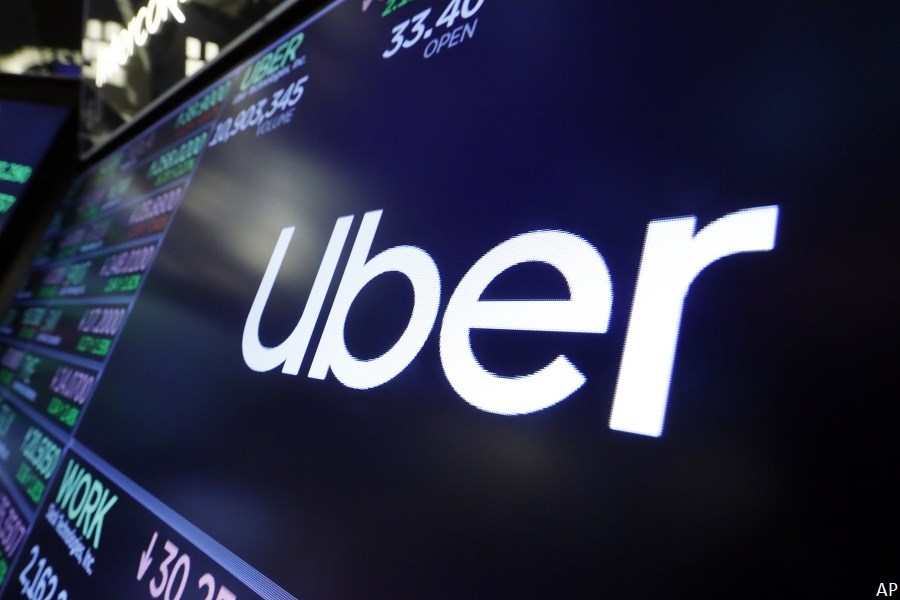
Uber (UBER) posted strong fourth-quarter 2021 results with the top and bottom line exceeding the FactSet consensus estimates. Demand for delivery remained strong and the segment generated positive adjusted EBITDA for the first time, which the firm expects to continue. Mobility demand continued to approach pre-pandemic levels, which further attracted drivers and stabilized prices for riders, expanding the adjusted EBITDA margin, displaying the platform’s strong network effect moat source. We were also pleased with the firm’s ability to further monetize the platform via advertising and other verticals.
Management guided to first-quarter year-over-year gross bookings growth deceleration due to a slight impact from omicron, which appears to have already peaked. While we expect a slowdown in mobility and delivery gross bookings and net revenue growth in 2022, we have increased our projections given the strong end to 2021, what we view as progress toward normalcy already in 2022, and a larger contribution from advertising revenue. After adjusting our model, we are raising our fair value estimate to US$73 from US$69. Trading at 0.55 times our fair value estimate, we view narrow-moat Uber as attractive.
Uber generated US$25.9 billion in total gross bookings during the quarter, up 51% year over year, with contributions from mobility (up 67%), delivery (34%), and freight, which spiked 245% from last year due to the acquisition of Transplace. Mobility gross bookings hit 84% of pre-pandemic levels during the quarter, up from 79% in the third quarter. It appears that normalcy after the pandemic includes not only spending more time out of home and traveling, but also still ordering food and other products online for delivery or pickup as delivery continued to grow. While the mobility take rate dipped, the delivery take rate increased 60 basis points from last quarter and around 5 percentage points year over year.





















